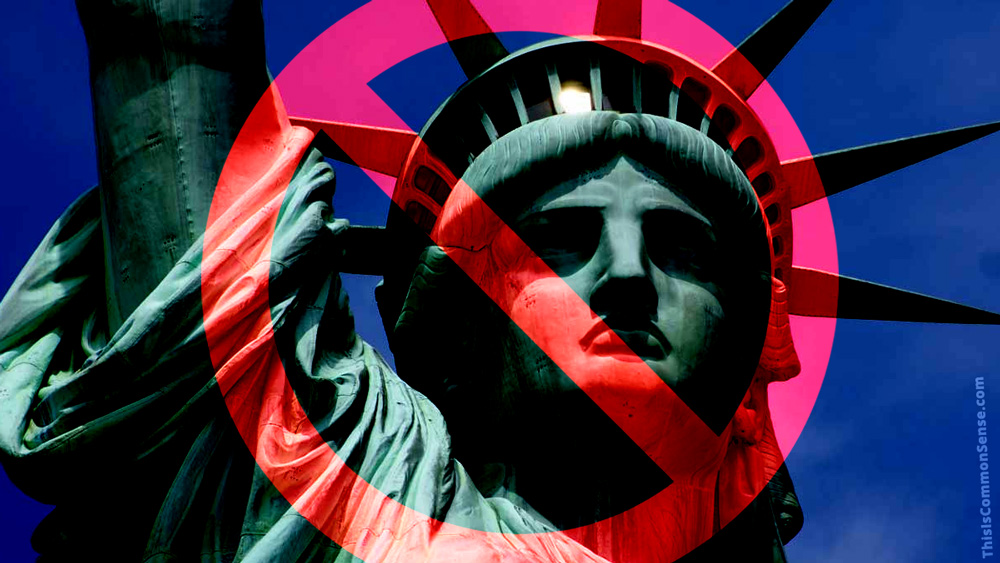“I’ve instructed my prosecutors not to charge certain low-level nonviolent offenses to avoid people being held in jail unnecessarily,” Maryland’s Attorney General Marilyn Mosby informed the state’s Republican governor. She also urged the governor “to release all inmates in state prisons who are over 60,” explains The Washington Times, “approved for parole or scheduled to complete their sentences within the next year.”
This is all to avoid a prison pandemic. Meanwhile, the “Food and Drug Administration (FDA) announced Monday that it would permit states to create laboratories for designing COVID-19 tests,” Reason magazine tells us, adding that the FDA “has also decided to permit pharmacists to make their own alcohol-based hand sanitizers.”
Reason’s Robby Soave asks the obvious question: “Why do the people who are working hardest to fight the coronavirus have to ask a slow federal bureaucracy for permission to save lives?”
The New York Times reports that Dr. Helen Y. Chu, an infectious disease expert in Seattle, tried mightily to perform tests on subjects, early in the epidemic, to track how the virus was spreading. She was stymied every which way.
By bureaucracies.
The kludge of bad regulations and laws merely adds cost and annoyance during normal times; during emergencies they present major stumbling blocks to public health.
So, when our leaders make special exceptions, they demonstrate that the regulations were always bad — now just worse.
Real leadership would nix these rules, permanently.
And, for that matter, end the war on drugs — and prostitution and other victimless crimes.
One of the infractions Maryland’s AG decided to go lax on, however, is public urination. That crime has victims and ought to remain a public health violation.
Though perhaps not worth imprisonment.
This is Common Sense. I’m Paul Jacob.

—
See all recent commentary
(simplified and organized)
